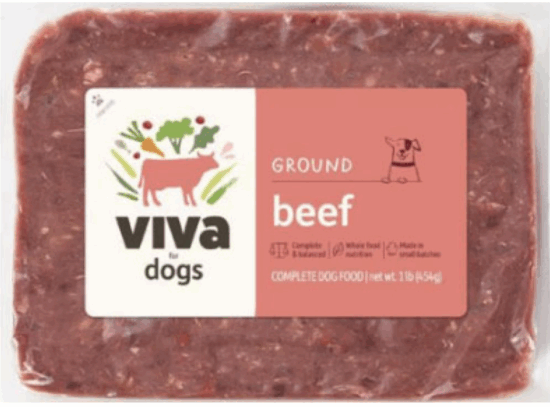A survey in Germany has revealed most people are familiar with raw milk but hardly any are concerned about associated health risks.
Two-thirds of consumers have heard of it but only 10 percent expressed concern — making raw milk the topic of least concern among the risks surveyed. Findings come from the German Federal Institute for Risk Assessment’s (BfR) consumer monitor that surveyed more than 1,000 people in May.
The poll revealed that only 1 in 5 respondents felt well informed about raw milk. In Germany, the number of farms from which raw milk is dispensed via vending machines or filling stations is increasing. Such sites must be marked with the note: “Raw milk, boil before consumption.”
“The health risks of raw milk are underestimated. It can transmit pathogens. Particularly sensitive population groups such as children, pregnant women, or the elderly and sick should generally avoid unboiled raw milk,” said Andreas Hensel, BfR president.
Other main findings
More than half of the survey respondents said food in Germany was safe or very safe. People mostly said the safety of food products remained the same but a third said it tends to increase, and a quarter said it tends to decrease.
Raw milk, approved food colorings and mercury in fish were included in the survey for the first time.
Nine out of ten respondents are familiar with approved food colorings, and about a quarter are concerned about them.
About three-quarters of respondents have already heard of mercury in fish, and 44 percent are concerned about it.
More than 90 percent of respondents had heard about microplastics in food and the figure was 82 percent for pesticide residues. For microplastics, 67 percent of participants were concerned and 50 percent were concerned about pesticides.
A total of 43 percent had heard of Listeria in food but only 26 percent were familiar with Campylobacter. Twenty percent were worried or very worried about Listeria in food while only 12 percent were worried about Campylobacter.
More than half of people didn’t feel well informed about Listeria in food and the figure jumped to 74 percent for Campylobacter.
(To sign up for a free subscription to Food Safety News, click here)



